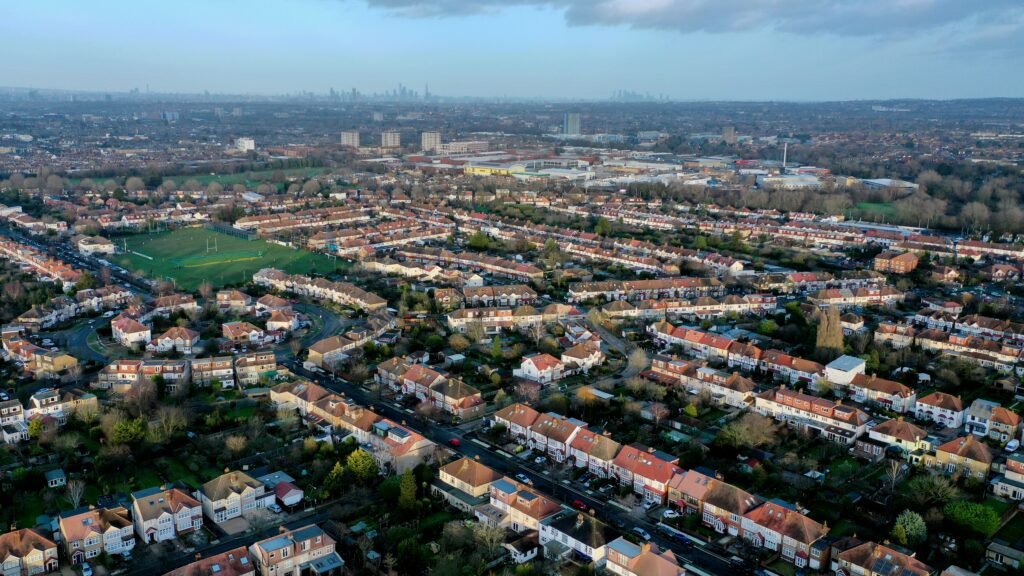
Think-tank Alert on £800 a Year Tax Rises for Households Regardless of Election Outcome
UK householders face an average annual tax rise of £800 regardless of who wins the next general election, in the view of the leading think-tank Resolution Foundation. While the row rumbles on between the Conservative and Labour parties about new potential taxes, the thinktank said that already announced measures will increase the total tax taken by about £23 billion a year by 2028-29.
Neither of the two major political parties was ready to commit to rescinding these measures but came through recent budgets and autumn statements. These are the continuation of a six-year income tax and personal, national insurance threshold freeze and the permanent removal of temporary business rates relief, fuel duty, and stamp duty land tax cuts next spring.
The Resolution Foundation think-tank remarked that, in the context of existing tax rates held in place but frozen in nominal terms, this was effectively a tax-raising step for the Treasury since more workers would be pushed into higher tax bands due to fiscal drag. The freeze will hold income tax thresholds at 2022 levels until April 2028.
The think tank said its analysis showed that tax was at a record high coming in from corporate tax income and taxes on higher earners. The share of taxpayers facing a marginal rate of 40% or more has risen from a tenth in 2010 to a sixth in 2023: this is another three million people. But middle earners have done somewhat better out of recent national insurance cuts.
This analysis comes just days after Prime Minister Rishi Sunak told a TV debate that Labour’s Keir Starmer would increase taxes by £2,000 “for everybody” – a claim dismissed as “complete rubbish” by Starmer and which the Treasury permanent secretary James Bowler said in a letter he was told not to imply that civil servants had come up with the number. Even the UK statistics watchdog criticized such a claim by the Conservative Party, with the Office for Statistics Regulation saying that it was concerned the public would be led to believe the £2,000 figure referred solely to an annual increase rather than a total presented over four years.
Adam Corlett, principal economist at the Resolution Foundation, said: “History tells us that tax rises often come after general elections – and it is already obvious that there is enormous strain on public services — though this will be made harder if the parties continue to box themselves in on tax changes.”
The think tank found that the first two fiscal events following the past eight general elections announced new tax policies that ramped up taxes by a yearly average of £21 billion.
In a parallel report, the Institute for Fiscal Studies (IFS) concluded that families with children have seen their incomes fall by an average of £2,200 per year since 2010 because of changes in taxes and benefits. This showed that out-of-work parents bore the most significant income loss, losing £5,500 a year, while in-work families suffered cuts to their entitlements.
Fundamental policy changes affecting families with children have involved cuts in child tax credit and the introduction of the so-called “two-child limit” that restricts child tax credit and universal credit to the first two children in most households. The IFS also finds that the benefit cap mainly affects families with children.


